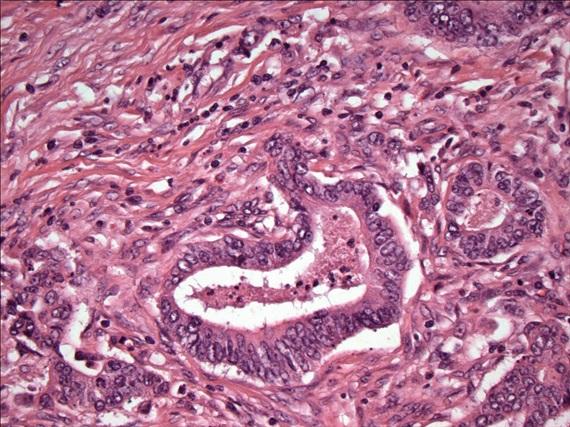Study finds association between being breastfed as an infant and risk of colorectal cancer as an adult
RESEARCH SUMMARY
More research needed to understand the biological mechanisms underlying this association
Study Title: Being Breastfed in Infancy and Risk of Colorectal Cancer and Precursor Lesions
Publication: Clinical Gastroenterology and Hepatology: https://www.cghjournal.org/article/S1542-3565(23)00673-0/fulltext
Dana-Farber Cancer Institute authors include Chen Yuan, ScD, first author; Kimmie Ng, MD, MPH, senior author
Summary: Rates of young-onset colorectal cancer have been on the rise since the early 1990s. This study, led by researchers at Dana-Farber Cancer Institute, investigated potential links between being breastfed as an infant and having colorectal cancer later in life. The team evaluated data collected by the Nurses’ Health Study and the Nurses’ Health Study II for 158,696 women aged 27-93 years. The study found that having been breastfed as an infant was associated with a 23% increased risk of colorectal cancer later in life. Among people in the Nurses’ Health Study II, a study that enrolled a younger group of female nurses born between 1947 and 1964, having been breastfed was associated with increased risk of high-risk colorectal adenomas before age 50 and colorectal cancer before age 55. Further research is required to understand the underlying mechanisms.
Impact: These findings should not discourage breastfeeding, which offers numerous advantages for both mothers and infants. Rather, this study underscores a need for research into the biological mechanisms underlying the association between being breastfed and colorectal cancer risk, including the role of the microbiome or other pathways as well as the formulation of potential risk-reducing interventions.
Funding: National Institutes of Health.
Contact: Victoria Warren, victoria_warren@dfci.harvard.edu 617-939-5531
Media Contacts
If you are a journalist and have a question about this story, please call 617-632-4090 and ask to speak to a member of the media team, or email media@dfci.harvard.edu.
The Media Team cannot respond to patient inquiries. For more information, please see Contact Us.

Colorectal cancer cells